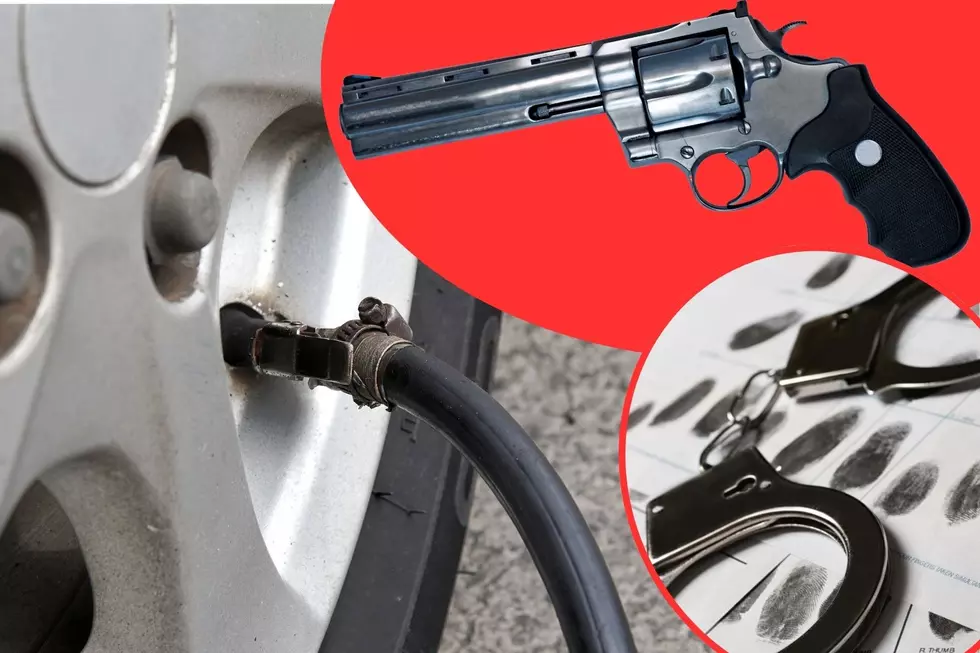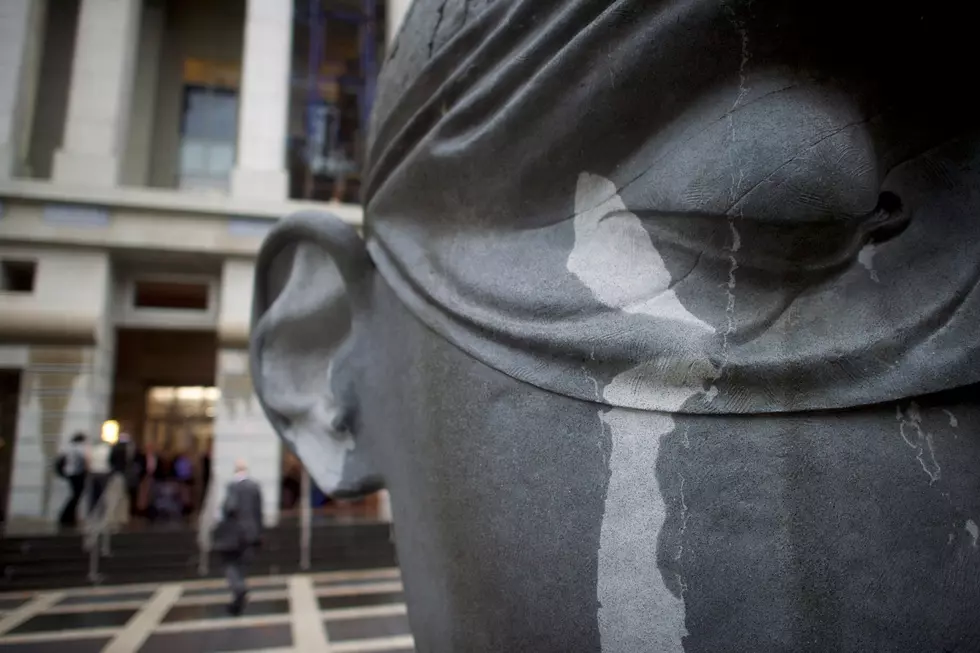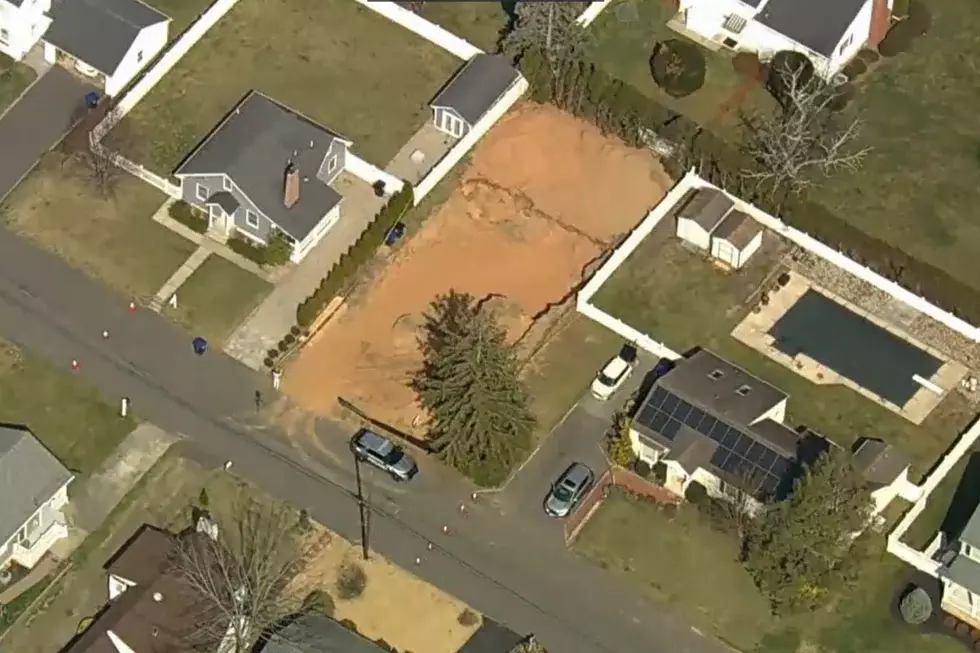
NJ Man Acquitted Of Murdering 5 Teenagers In ’78
A New Jersey man on Wednesday was acquitted of killing five teenagers who went missing in 1978 in what was one of the state's longest-running cold cases.
A jury in Newark found Lee Evans not guilty of 10 murder-related counts in the deaths of the teens, whose bodies were never found.
Evans represented himself and denied killing the boys.
Several family members of the victims who attended the trial said Evans had long been the main suspect in the teens' disappearance.
Prosecutors sought to prove Evans killed the boys in retaliation for a drug theft.
A key witness testified he helped Evans 33 years ago lure the boys to a vacant Newark home and trap them in a closet.
He claimed Evans then set the house on fire.
Prosecutors sought to prove that Evans planned to kill the teenagers in retaliation for breaking into his apartment and stealing a pound of marijuana a week before they vanished.
Evans, who ran a handyman business, often hired the teens for odd jobs and paid them in marijuana, prosecutors said.
The case largely hinged on the prosecution's star witness, Evans' cousin Philander Hampton, who agreed to testify after pleading guilty in exchange for a 10-year prison sentence and $15,000 in relocation money.
It was Hampton's comments to authorities in 2008 that helped revive the long-dormant case.
Hampton testified that Evans was angry about the marijuana theft and was bent on retaliation.
Hampton said he helped Evans lure the teens to a vacant Newark house after asking them to help move some boxes but then herded them into a closet and secured the door with a 6-inch nail. He said Evans poured gasoline around the perimeter, demanded that Hampton give him a match and set the house ablaze.
The bodies of 17-year-olds Melvin Pittman and Ernest Taylor and 16-year-olds Alvin Turner, Randy Johnson and Michael McDowell were never found. The boys were reported missing after the fire, and authorities at the time never connected the two events or examined the fire site as a crime scene.
The case, originally classified as a missing-persons case, went cold for decades until a pair of Newark detectives on the cusp of retirement decided to rework it as an unsolved homicide.
Several family members of the missing teenagers, many of whom attended every day of Evans' trial, said they had long believed Evans had killed their loved ones.
Evans and the attorney assisting him, Bukie Adetula, said the scenario to which Hampton testified would have been impossible and pointed out Hampton's criminal record and inconsistencies in his testimony.
Evans said he had lived and worked openly in the same community near Newark in the bordering city of Irvington, where many of the victims' families lived, and emphasized that fact as proof that he had nothing to hide.
(Copyright 2011 by The Associated Press. All Rights Reserved.)
More From New Jersey 101.5 FM









